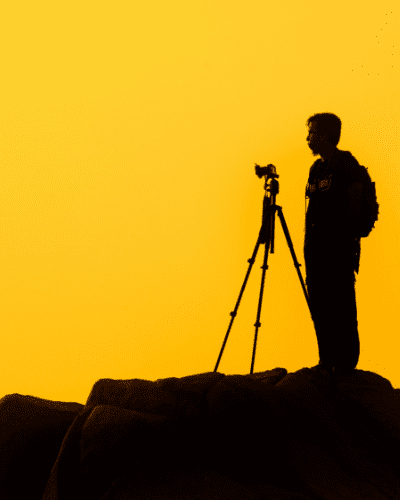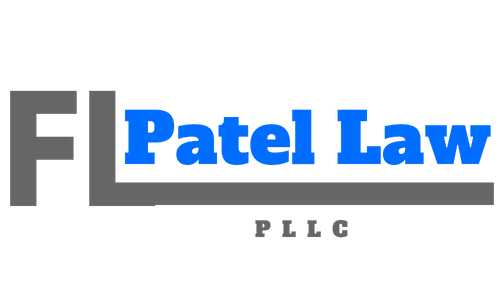
5 Things You Need to Know About Copyright and Social Media
5 Things You Need to Know About Copyright and Social Media
Millions of people use social media every day to showcase their photographs, drawings, and other creations, but how does uploading online affect the copyright and ownership of your images? Is your content protected?
1. What is a Copyright?
Copyright provides legal protection for people who create their own content. Having a copyright means that you and you alone have the right to copy, share, and sell your own personal work. Copyrights only apply to works created, digital or physical. You can’t copyright an idea unless you’ve already put it on paper! The thing you are trying to copyright must also be entirely original and of your own making.
2. How Do I Obtain a Copyright?
Your legal protection under copyright laws starts the moment that you produce a verifiable product. This means that once you have started on your manuscript or recorded your mind-blowing musical performance your content is now legally all your own. Certain rights, however, are only granted by registering with the United States Copyright Office. For example, the federal courts only enforce copyrights or issue damages to those officially registered. For more information, read our page on how to prepare to file a trademark application here.
3. How Does This Tie In With Instagram?
Using Instagram’s services does not give them ownership of your images. But just because they do not own your content does not mean that they do not have certain rights over it. When agreeing to their Terms of Service (TOS), Instagram is granted a limited license to delete, modify, and share your uploaded material. For more information on what Instagram can and cannot do with your hosted content, you can read their TOS here.
4. How Can I Protect Myself from Infringement?
There are a number of ways to protect your original content online. The first is to register with the U.S. Copyright Office. Doing so will allow you to sue any potential violators for infringement. You can also discourage theft by the inclusion of digital watermarks and by disabling the ability to right-click and save your images. You can find out more about protecting your intellectual property here.
5. What Should I Do if I Find Someone Else Using My Work?
In addition to suing violators through the U.S. Copyright Office, a more immediate solution is available through the Digital Millennium Copyright Act (DMCA). The DMCA says that the copyright holder may contact the Internet Service Provider (ISP) of the website hosting the stolen content. The ISP will then send a takedown notice. This takedown notice almost always results in the quick removal of the stolen content. It is important to remember that the other party can still appeal if they believe the violation to be invalid.
Looking to start a business or grow your current business? Contact FL Patel Law today by visiting our website or calling 727-279-5037.
Image by Zukiman Mohamad on Pexels.
Related Posts
About Us
FL Patel Law PLLC is a boutique business law firm dedicated to entrepreneurs and companies.
Have a Question?





